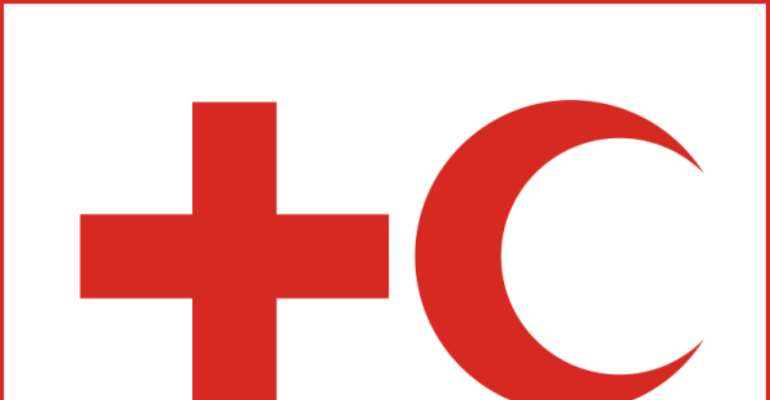IFRC Secretary General urges more investment in financial, material and human resources to fight Ebola in West Africa

GENEVA, Switzerland, September 24, 2014/African Press Organization (APO)/ -- Following the United Nation Security Council's acknowledgement that the outbreak of Ebola virus disease in West Africa poses a clear threat to global security, Elhadj As Sy, the Secretary General of the International Federation of Red Cross and Red Crescent Societies (IFRC), will address the UN's General Assembly in New York to emphasize the need to provide long-term support to governments, communities and organizations on the front line responding to the disease.
“As current trends indicate an exponential increase of Ebola cases, we urge the international community to immediately deploy the resources – including financial, material and personnel – needed to effectively respond to the crisis at a scale which reflects the magnitude of the challenges we face,” he said.
Last week the UN Security Council adopted a resolution calling for countries to provide urgent assistance, including the deployment of medical facilities and staff, as part of an expanded response. It also recognized the work of Médecins Sans Frontières (MSF) and IFRC, which have both been providing early, life-saving support in affected countries.
Mr Sy said: “We will stay focused on its mission and will provide support to affected communities, before, during and after an outbreak. We will continue to invest in, support and rotate our staff and volunteers who have been working tirelessly over the past months, despite the overwhelming physical and emotional stress the work entails. Their remarkable work on community mobilization, care and support, as well as safe and dignified burials are critical in the epidemic control chain is made possible through a unique connection to communities.”
Since the beginning of the outbreak in March, the Red Cross has expanded its response and preparedness activities across 14 countries with programmes totalling 34.7 million Swiss francs which will reach over 38 million people. Operations managed or supported by the Red Cross include dead body management, medical support, psychosocial services, contact tracing and education on preparedness and infection reduction. 133 international staff and more than 4,000 volunteers from national Red Cross societies have been working within communities to help reduce the spread and impact of the disease.
Response teams are active in Guinea, Liberia, Sierra Leone and Nigeria, while preparedness activities are taking place in 10 other countries in the region.
The IFRC Ebola treatment centre in Kenema is complementing the heroic efforts of the Ministry of Health and other partners, such as MSF, but its capacity is already being stretched. Tiina Saarikoski, manager of the IFRC Ebola treatment centre is calling for more resources to cope with the increase case load. “Without more health care professionals on the ground, we cannot reach those who need our help. This could have a significant impact on the spread of the disease, as infected patients would remain in contact with family and friends and this will fuel the spread of the virus. Early access to health facilities and treatments are key to maximizing the chances of survival,” she said.
Alasan Senghore, IFRC Director for Africa, said that partnership was key and more resources and stronger partnerships are needed to respond effectively. “No one actor can do it alone. We must all work together to achieve this ambitious goal,” he said.
